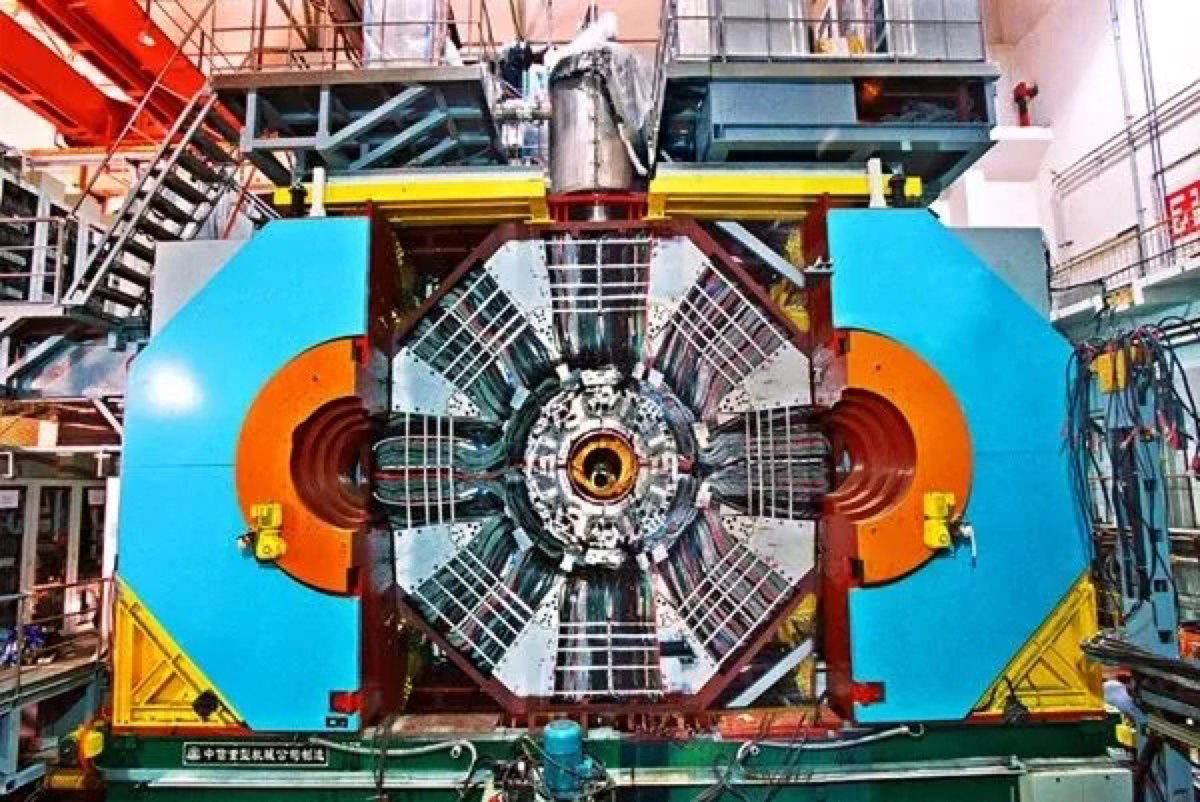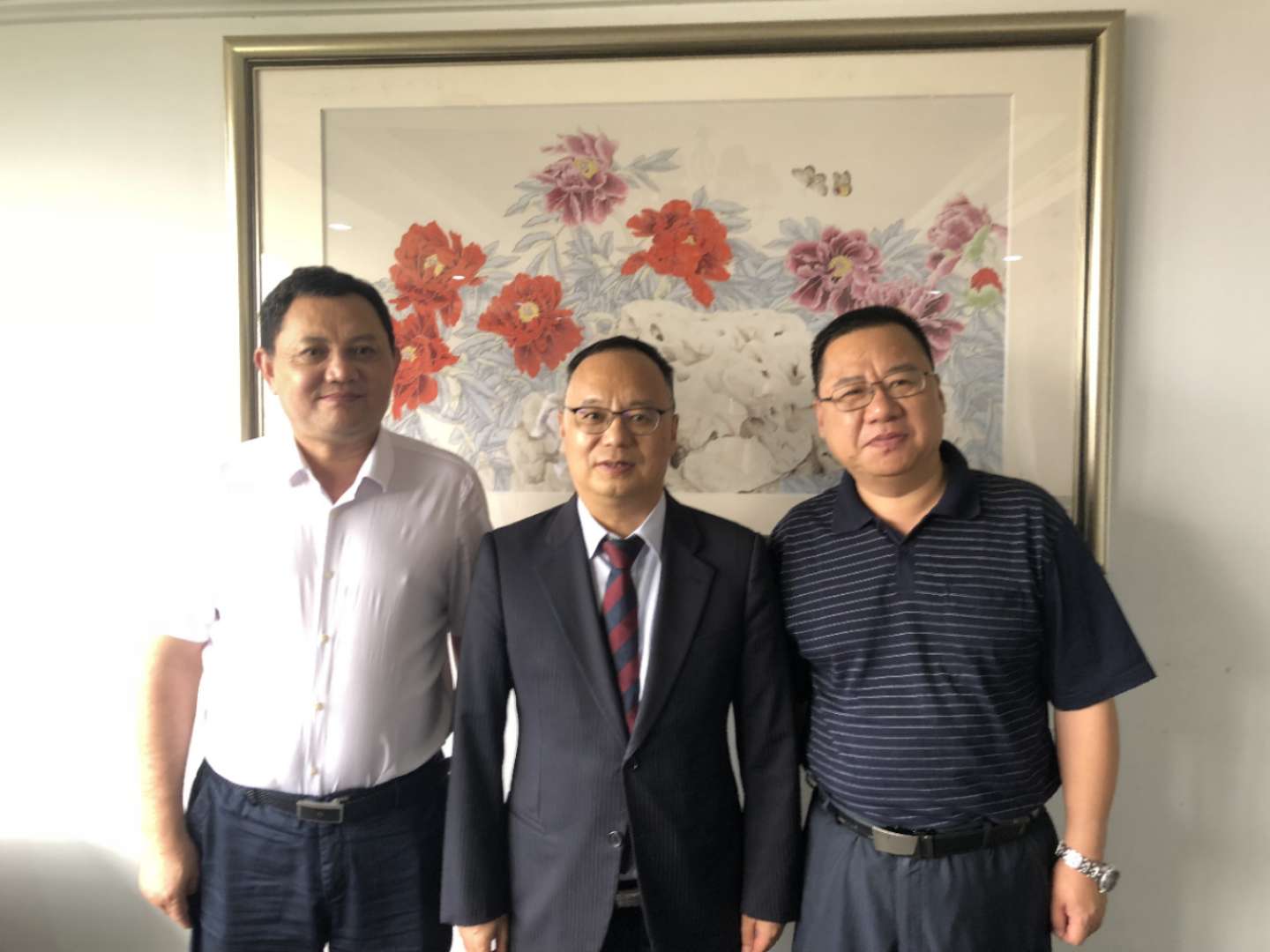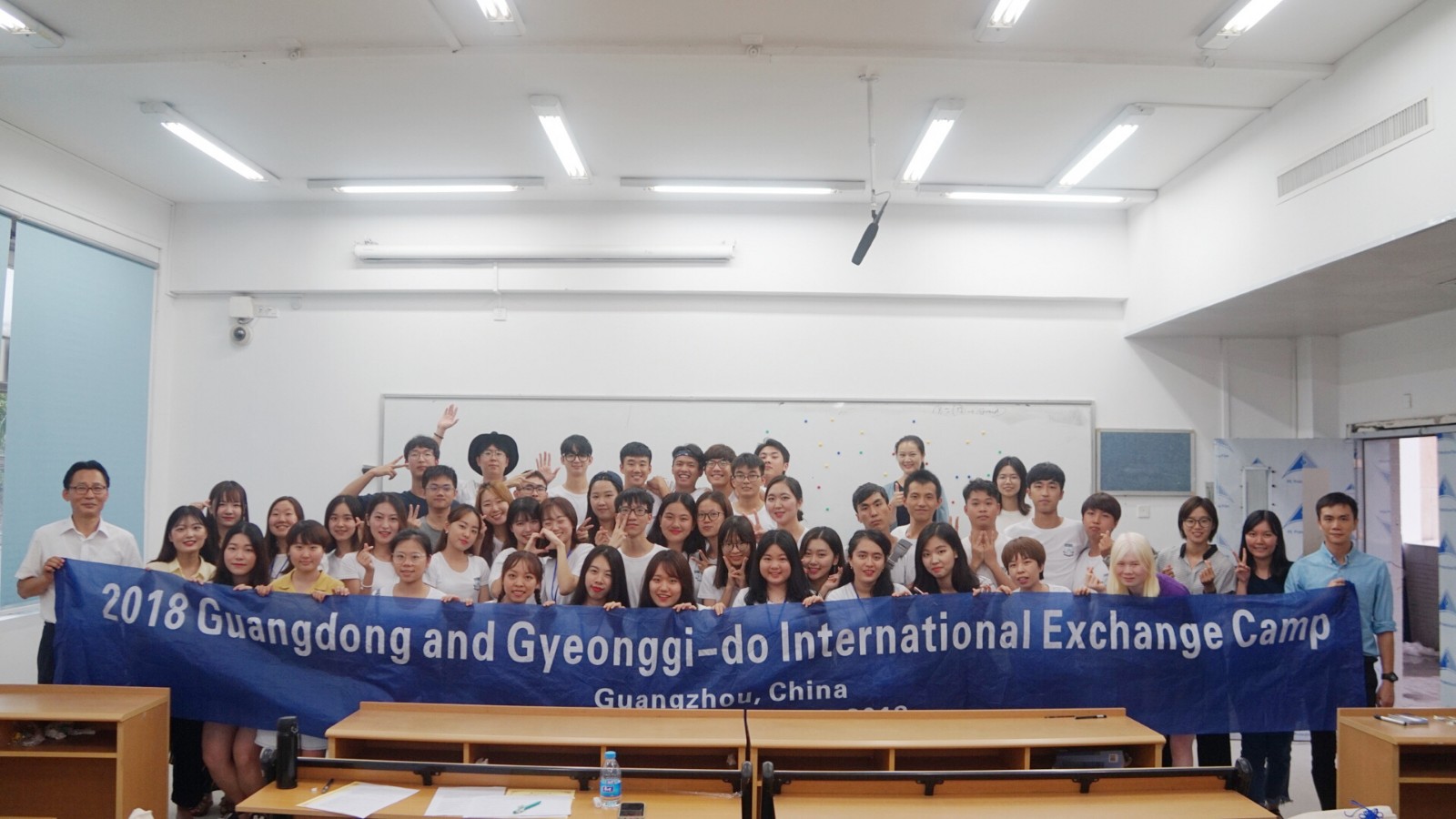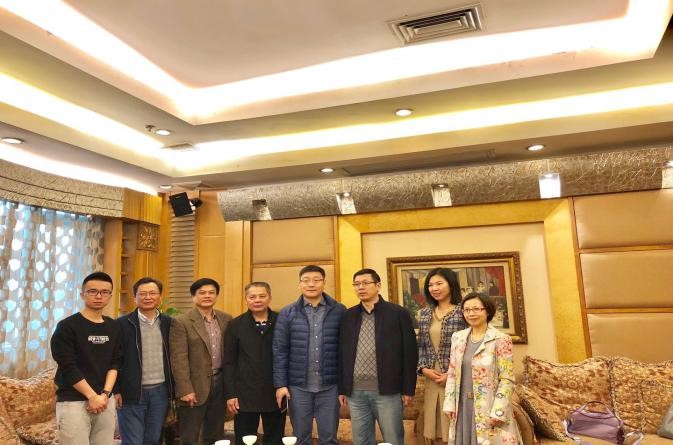
Likes
SCNU successfully entered into the BESIII Collaboration with unanimous votes of the participating institutes at the recent on-line BESIII Collaboration’s 2020 Summer Meeting.

SCNU will conduct tau-charm physics research based on the data collected from BESIII as it becomes a BESIII member. With the strong support from the school president Wang Enke, SCNU's experimental group of high energy physics consist of three researchers, namely Li Hengne, Liu Guoming and Hu Jifeng from the Institute Quantum Matter.
Launched in 2009, the Beijing Spectrometer (BESIII) Experiment is the representative of high-precision frontier experiments for researching tau-charm energy region nowadays. As the only and largest international collaborative experiment in China, BESIII is developed based on Beijing Electron and Positron Collider (BEPC), for the studies of light and charm quarks physics and τ-charm physics with the highest accuracy achieved uptil now. At present, the BESIII Collaboration consists of about 500 members from 72 institutions in 15 countries.
BEPC, known as one of the world's eight high-energy accelerator centers, is another major path-breaking achievement in high-tech field in China, following the success of the atomic bomb and hydrogen bomb explosions and the launch of artificial satellites, according to People’s Daily, Based on the platform, research covering tau-charm energy region (2-4.6 GeV) hadron spectroscopy, charm onium, charm physics, R-QCD, new physics search and other topics, are leading the international hadron physics field.
Since physics at SCNU became a National “Double First-class” Construction Discipline in 2017, SCNU has accelerated the development of physics and received good news in succession. After joining LHCb collaboration in 2018, this year SCNU successfully joined BESIII. The launch of important large-scale scientific research platforms can provide strong experimental support and international collaboration support for SCNU’s construction of “Double First-class” in physics.
Transedited by Li Siqin
Proofread by Edwin Baak
Edited by Li Jianru
What to read next:










